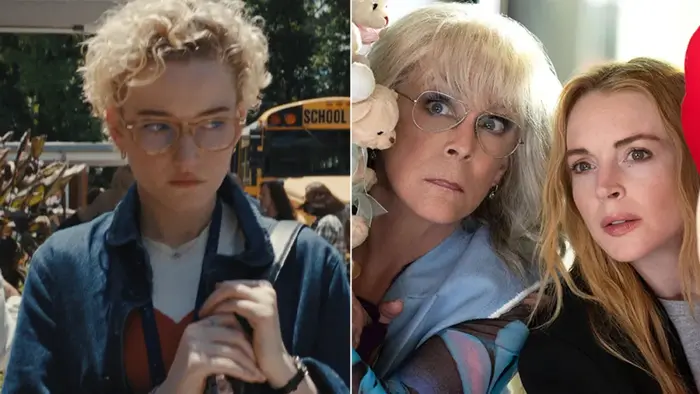T4K3.news
Zach Cregger explains Weapons final act
The filmmaker links personal pain to the film ending and discusses its episodic structure and studio path to production.
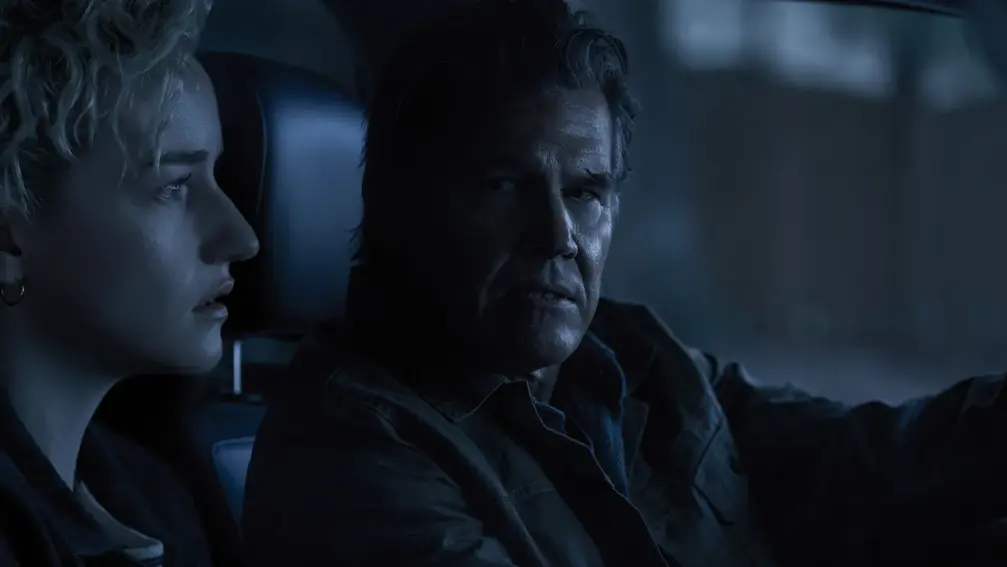
The writer director explains how personal loss and family history shaped the ending and the chapter style of Weapons.
Zach Cregger Explains Weapons Final Act
Zach Cregger spoke about Weapons, his follow up to Barbarian, during a recent interview. The film centers on a town where 17 kids from a single elementary school vanish in the middle of the night. He says he began writing after the death of a close friend as a form of catharsis, not solely to chase a project. The project sparked a bidding war and ended up with New Line after a secure screen sharing program allowed simultaneous submissions. Production faced a two year delay because of a writers strike and scheduling issues that forced a recast. He describes shaping the story as a segmented mystery with chapters from multiple characters to avoid disorientation.
He cites Stephen King as a source of craft, noting that discovery drives the process. He says the final chapter is autobiographical, touching his own alcoholism and his father s death, though he argues the film should speak for itself. He argues that horror remains a space for risk and creative experimentation in big cinema, and hopes for more edgy adult cinema and unconventional comedies. He also outlines future plans, including a Resident Evil film and a DC Universe project that is original and not a traditional superhero movie, showing his interest in original work even within IP frameworks.
Key Takeaways
"I started typing I had no idea what the story was going to be"
Describes the initial writing process after personal loss
"This is a true story"
Autobiographical elements are cited as the final chapter nears
"Horror is one of the few outlets for real creativity right now on a big scale"
Cregger on the current state of the genre in big cinema
"This could be it"
On the potential for this project to define his career
The interview highlights how personal trauma can steer a film while keeping it accessible to a wide audience. The episodic, multi character structure is used to orbit a central mystery while giving each figure a distinctive voice. The production hiccups reveal how fragile the path from idea to release can be, especially when industry disruptions occur. Cregger s stance on horror as a creative refuge underscores a market trend where risk is more visible in genre than in tentpole prestige projects.
Beyond Weapons, the conversation shows a filmmaker who wants originality to coexist with IP work. His willingness to pursue an original take on Resident Evil and a DC Universe project signals a rare blend of ambition and pragmatism in today s cinema. The dialogue hints at a broader shift where personal stories and unconventional storytelling methods become a mark of maturity in genre filmmaking.
Highlights
- I started typing I had no idea what the story was going to be
- This is a true story
- This could be it
- Horror is one of the few outlets for real creativity right now on a big scale
The road from idea to screen is as much about resilience as vision.
Enjoyed this? Let your friends know!
Related News
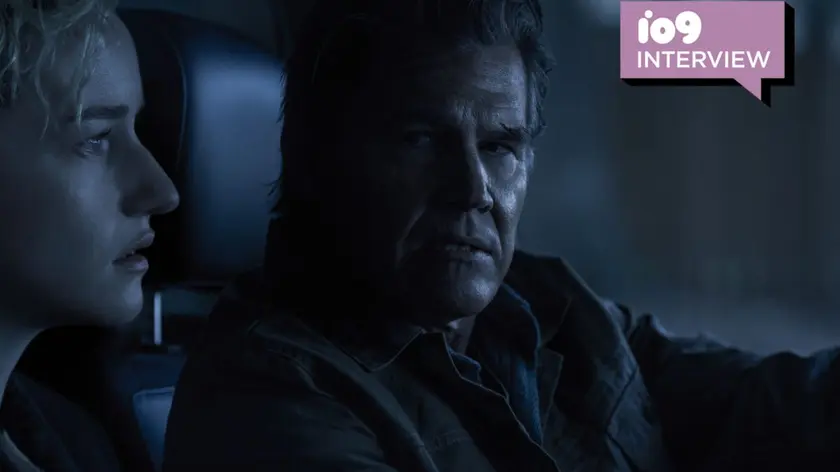
Josh Brolin shares insights on new film Weapons
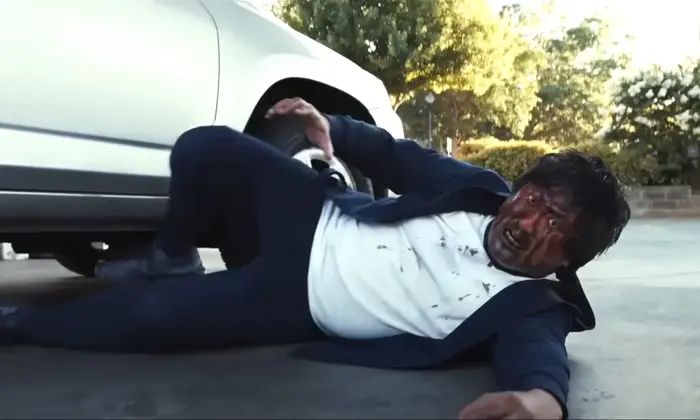
Eight New Horror Films Hit Screens Across Theaters And VOD
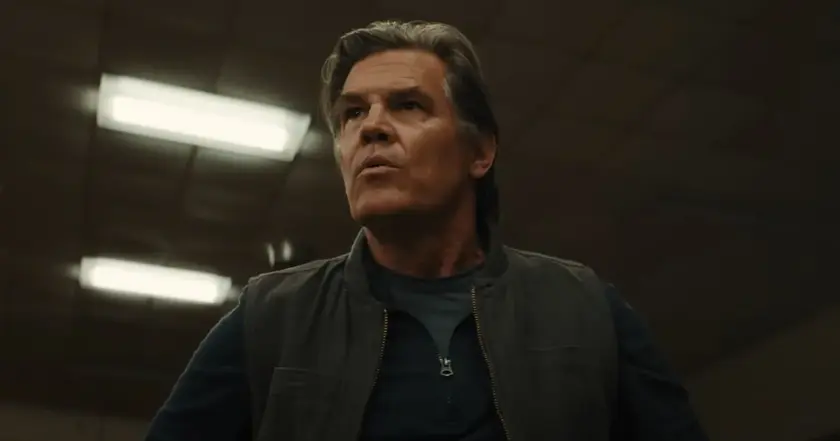
Zach Cregger discusses cast changes in Weapons
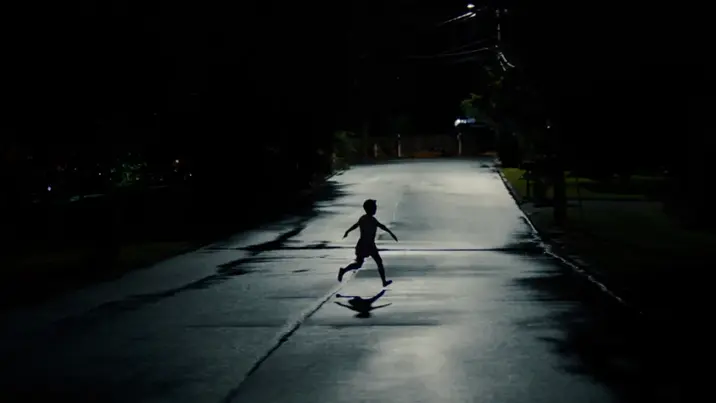
Weapons emerges as top horror pre-seller in 2025

2025 horror movies receive positive acclaim
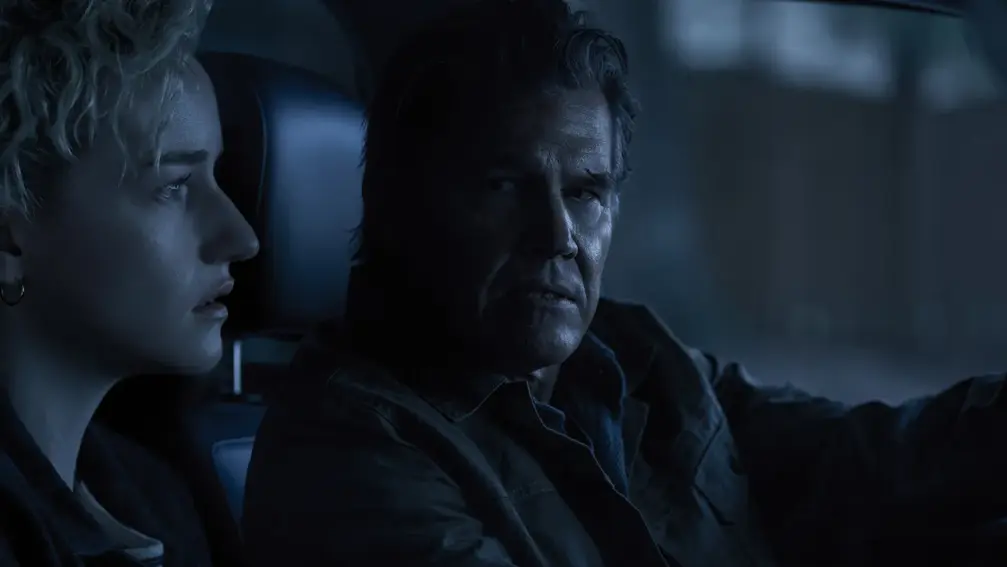
Zach Cregger's Weapons explores child disappearances
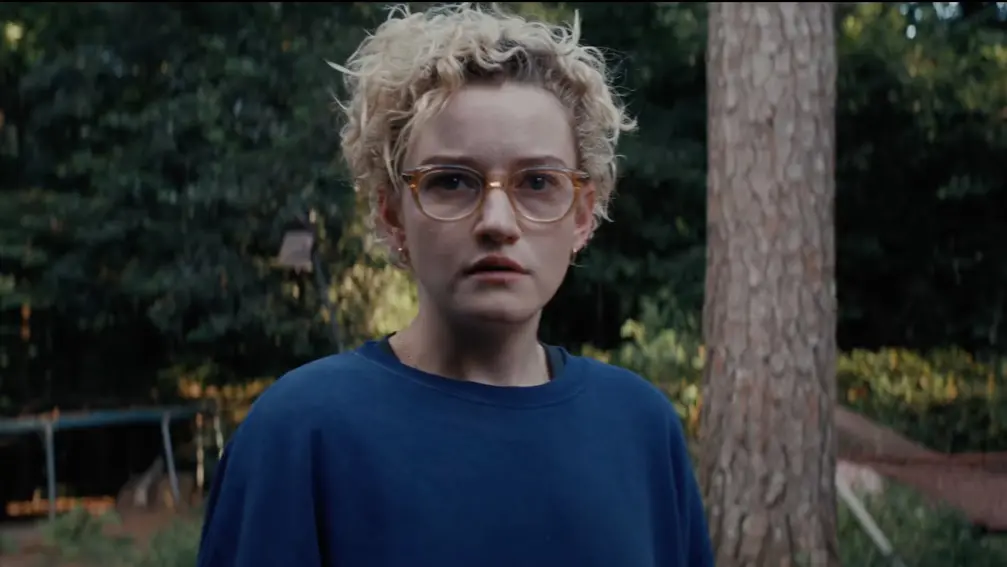
Weapons highlights grim realities in horror
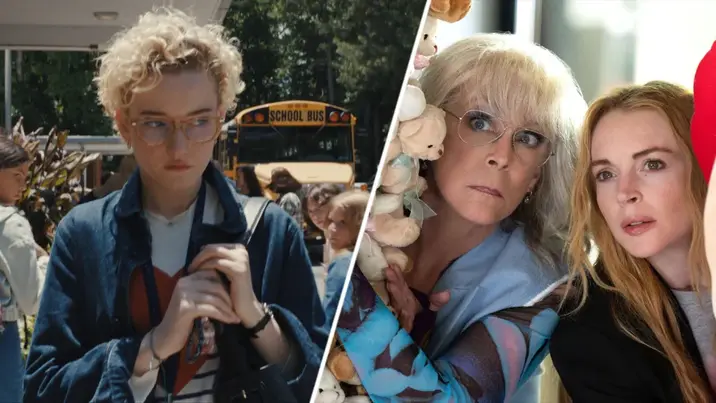
Weapons earns over $5 million in previews
